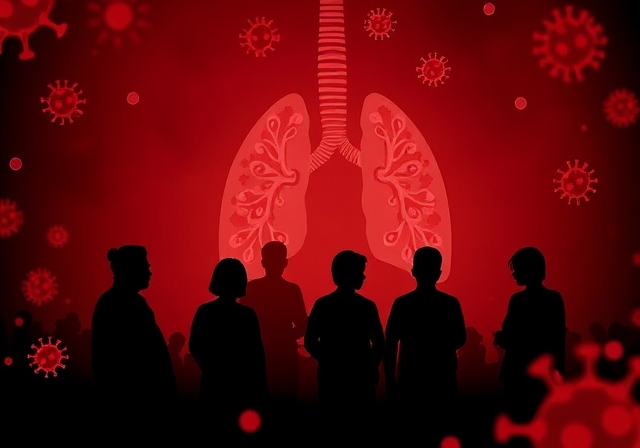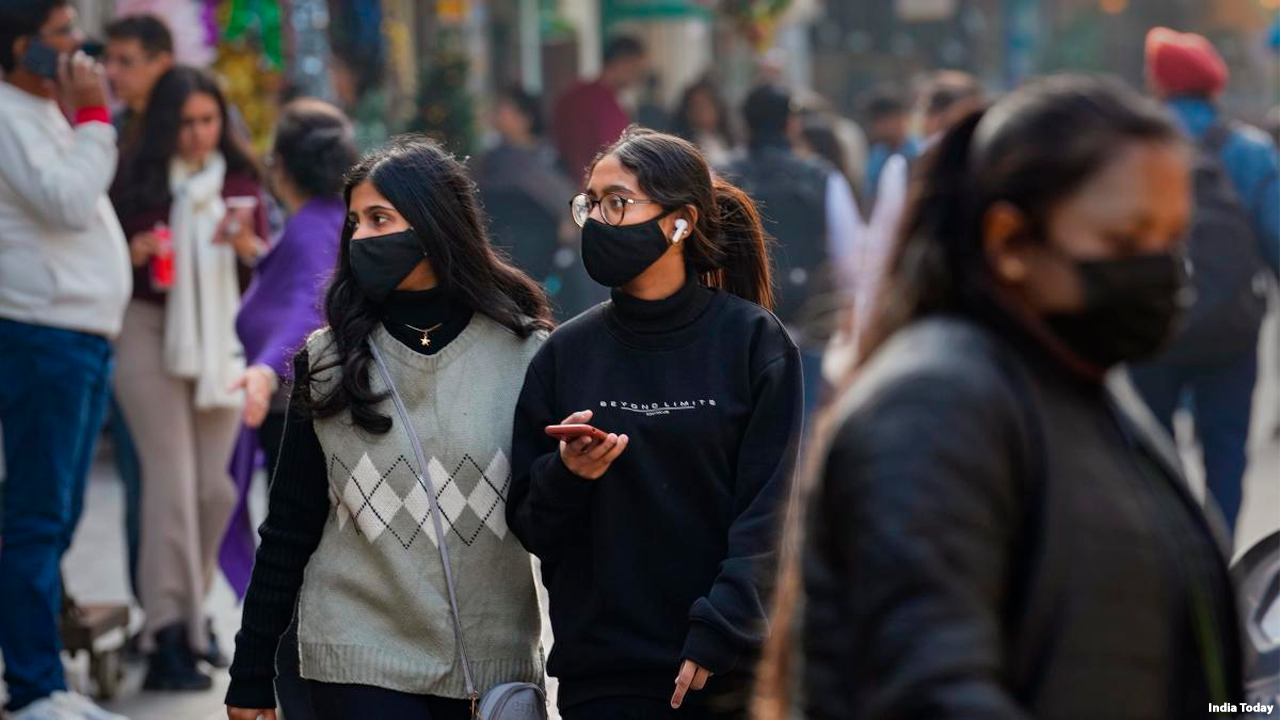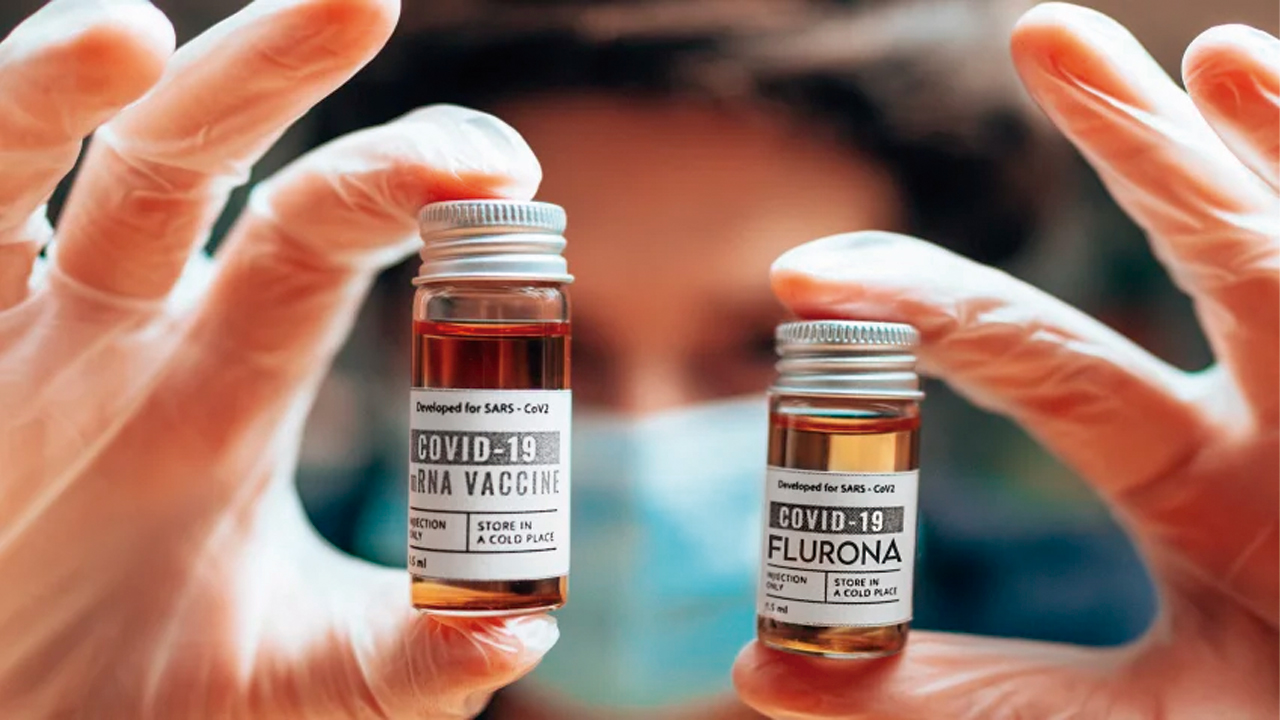The emergence of more infectious variants of the COVID-19 virus is threatening to slow the global recovery and potentially thwart current vaccine immunity. To help governments and medical communities identify and act on these variants faster, Oxford University and Oracle have created a Global Pathogen Analysis System (GPAS) combining Oxford's Scalable Pathogen Pipeline Platform (SP3) with the power of Oracle Cloud Infrastructure (OCI). This initiative builds on the work of a Wellcome Trust-funded consortium including Public Health Wales, the University of Cardiff, and Public Health England.
"This powerful new tool will enable public health scientists in research establishments, public health agencies, healthcare services, and diagnostic companies around the world to help further understanding of infectious diseases, starting with the coronavirus," said Derrick Crook, Professor of Microbiology in the Nuffield Department of Medicine at the University of Oxford.
"The Global Pathogen Analysis System will help to establish a global common standard for assembling and analyzing this new virus, as well as other microbial threats to public health. This adds a new dimension in our ability to process pathogen data. We are excited to partner with Oracle to further our research using this cutting-edge technology platform," added Crook.
First used for tuberculosis, SP3 has been repurposed to unify, standardize, analyze, and compare sequence data of SARS-CoV-2, yielding annotated genomic sequences and identifying new variants and those of concern. SP3's processing capability has been enhanced with extensive new development work from Oracle, enabling high performance and security plus 7 by 24 worldwide availability of the SP3 system in the Oracle Cloud. The SP3 system will now deliver comprehensive and standardized results of COVID-19 analyses within minutes of submission on an international scale. The results will be shared with countries around the globe in a secure environment.
"The opportunity of applying systematic examination for genetic variants in a range of pathogens will have major benefits for global public health. This program, with Oracle as a partner, takes us a step closer to this goal," said Sir John Bell, Regius Professor of Medicine at the University of Oxford.
Coupled with the extensive machine learning capabilities in the Oracle Cloud, collaborating scientists, researchers, and governments worldwide can process, analyze, visualize, and act on a wide collection of COVID-19 pathogen data for the first time. This includes identifying variants of interest and their potential impact on vaccine and treatment effectiveness. For example, analytics dashboards in the system will show which specific strains are spreading more quickly than others and whether genetic features contribute to increased transmissibility and vaccine escape. Already, Oxford has processed half the world's SARS-CoV-2 sequences, more than 500,000 in total.
"There is a critical need for global cooperation on genomic sequencing and examination of COVID-19 and other pathogens," said Oracle Chairman and CTO, Larry Ellison. "The enhanced SP3 system will establish a global standard for pathogen data gathering and analysis, thus enabling medical researchers to better understand the COVID-19 virus and other microbial threats to public health."
The next step will be to extend this service to all pathogens while simultaneously collaborating with scientists from research establishments, public health agencies, and private companies to ensure this work can inform decision-making on pandemic response strategies worldwide.

 The platform will be free for researchers and non-profits to use worldwide
The platform will be free for researchers and non-profits to use worldwide







.jpg)












.jpeg)

.jpeg)
.jpeg)

.jpeg)


.jpeg)



.jpeg)
.jpeg)
.jpeg)


.jpg)


.jpeg)
.jpeg)